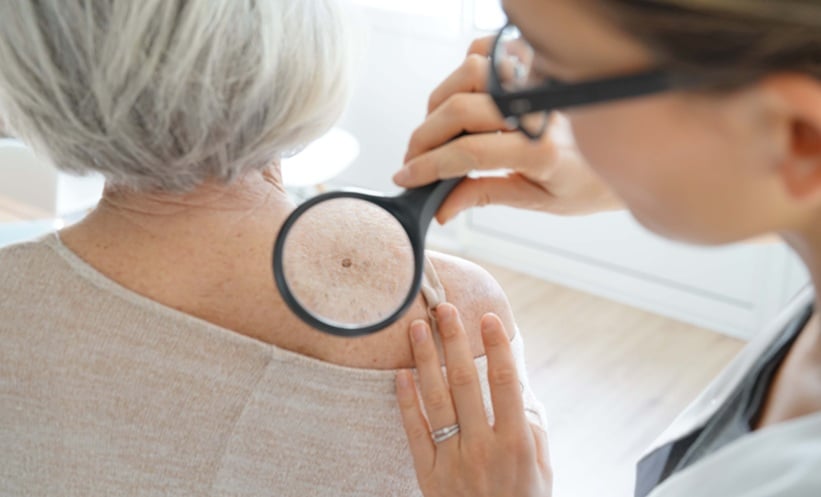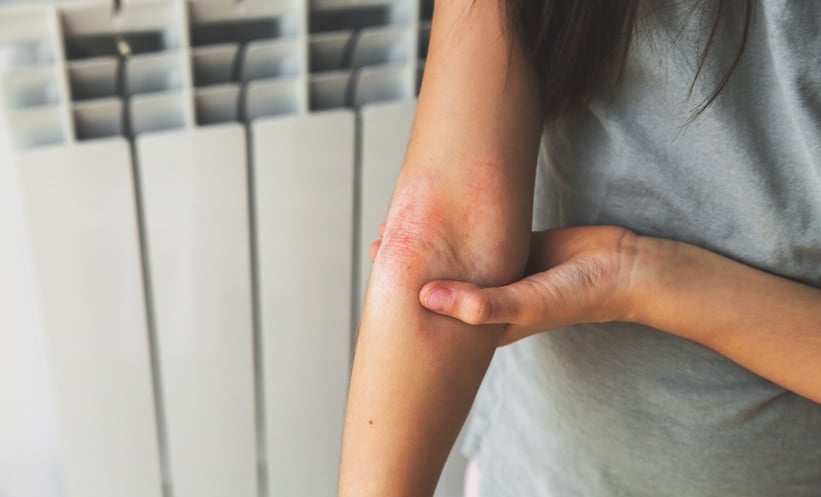SKIN CANCER remains the most common form of cancer globally, divided into cutaneous melanoma and keratinocyte cancer, the latter comprising basal cell carcinoma and squamous cell carcinoma. As the global population ages, the burden of skin cancer is shifting increasingly towards older adults, especially those over 65. This age group now accounts for the majority of cases, with recent findings from an observational study in Japan showing that 74% of skin cancer cases in 2021 occurred in people over 70, up from 44% in 1989.
A new global observational study has revealed a continued rise in skin cancer burden among older populations, particularly in high-income countries. The age-standardised rates of both incidence and prevalence of skin cancer have steadily increased over the last three decades, with population growth being the primary driver. Notably, rates were higher in men, likely due to greater exposure to UV radiation and lower awareness or uptake of sun protection practices.
Despite stable mortality rates for melanoma, the overall burden of skin cancer has continued to grow, especially for keratinocyte cancers and basal cell carcinoma. Forecasting models predict that these trends will persist through 2050, with keratinocyte cancer incidence and burden expected to rise further. Interestingly, melanoma prevalence may decline, thanks in part to advancements in targeted and immunotherapies.
The study also highlighted geographical disparities. Countries like Australia, New Zealand, and the US continue to face the highest burdens. High-income regions saw disproportionately greater incidence, attributed to environmental factors, increased access to screening, and lifestyle choices such as prolonged sun exposure and tanning habits.
With 80% of older adults projected to live in low- and middle-income countries by 2050, there is a clear need for equitable global prevention strategies. Emphasising sun protection and early intervention, even later in life, remains critical. The study concludes by calling for improved collaboration between dermatologists and geriatricians, alongside community-based efforts, to better manage skin cancer in ageing populations.
Reference
Wang R et al. Burden of skin cancer in older adults from 1990 to 2021 and modelled projection to 2050. JAMA Dermatol. 2025;DOI:10.1001/jamadermatol.2025.1276.








